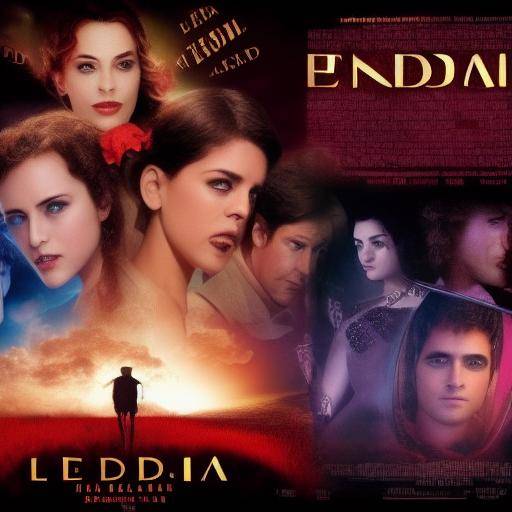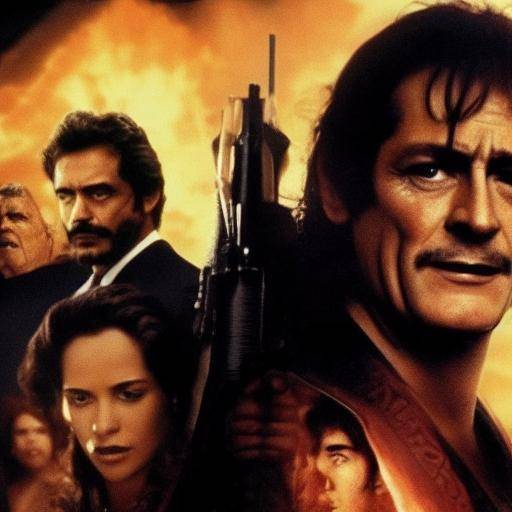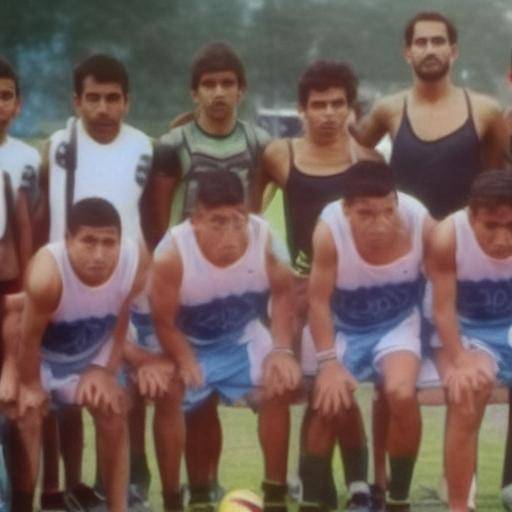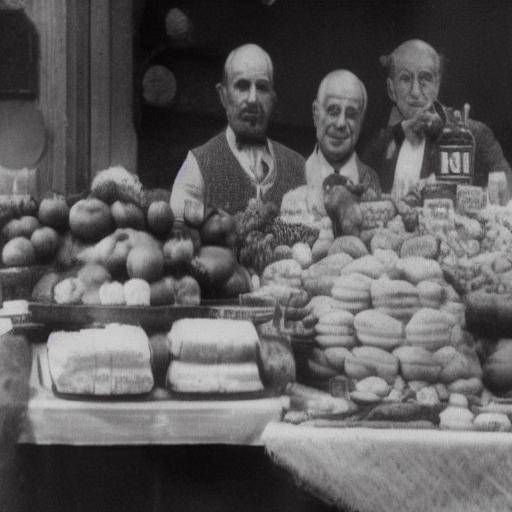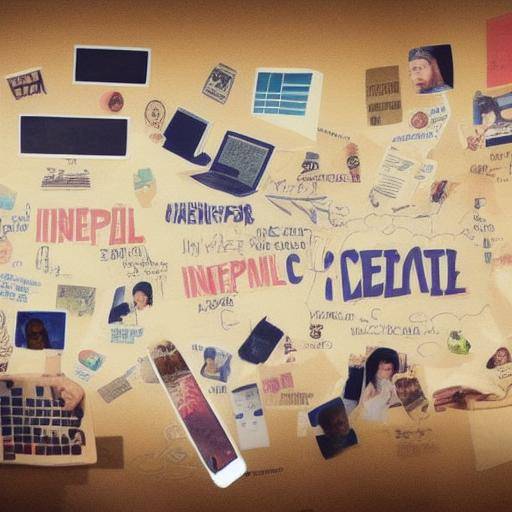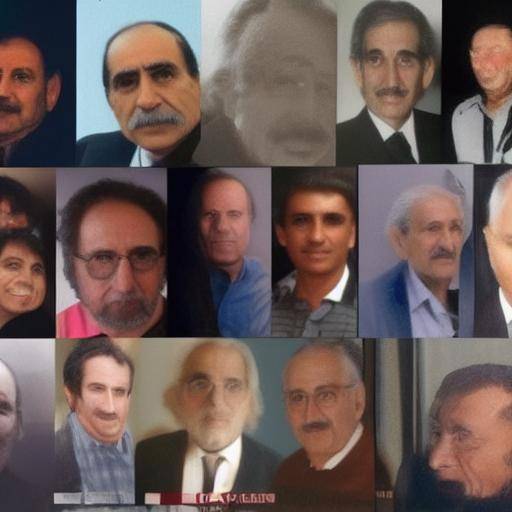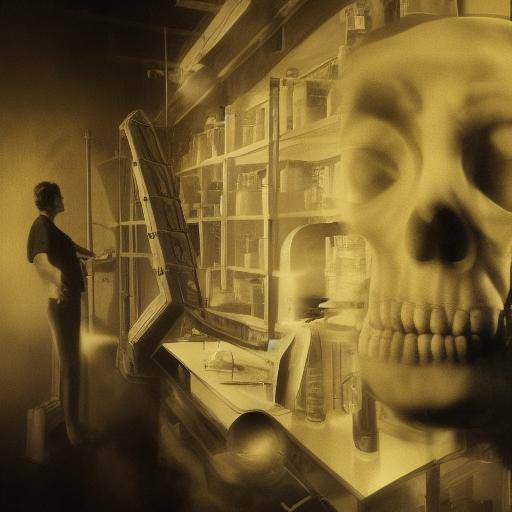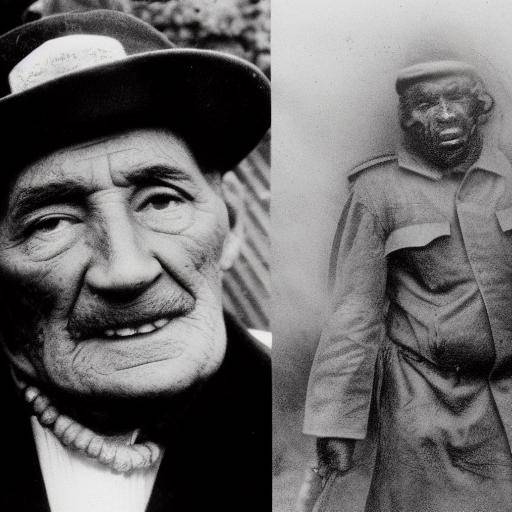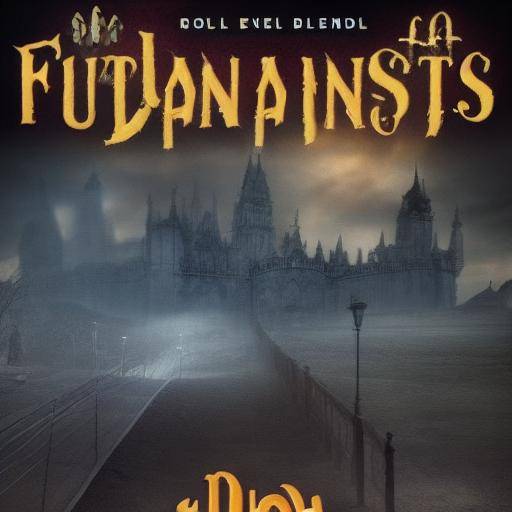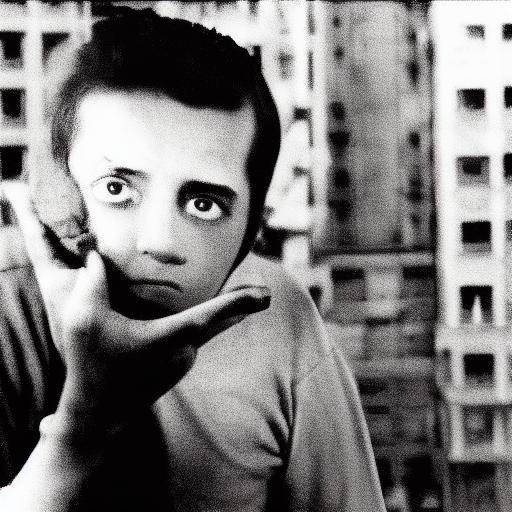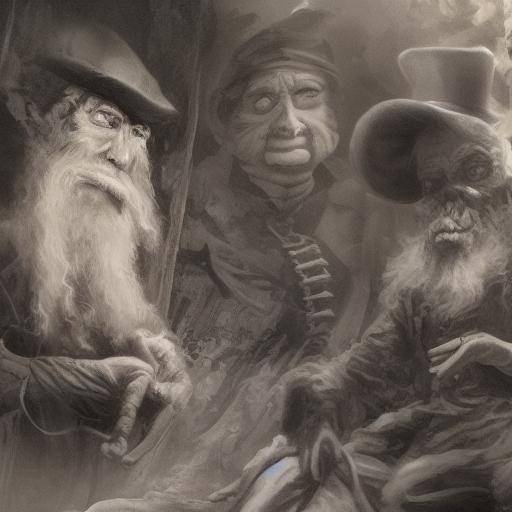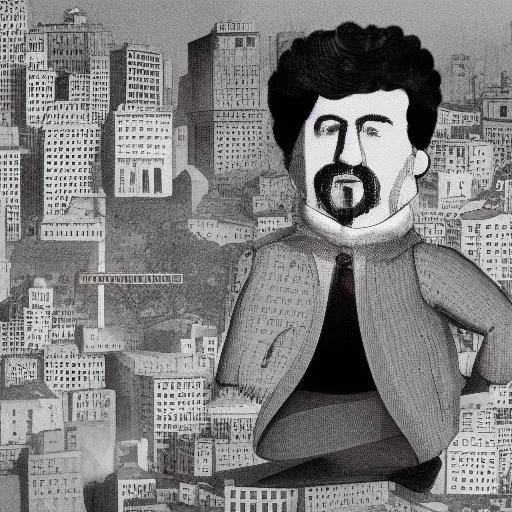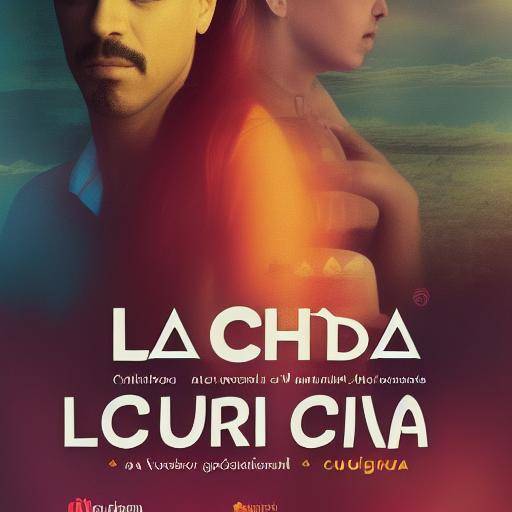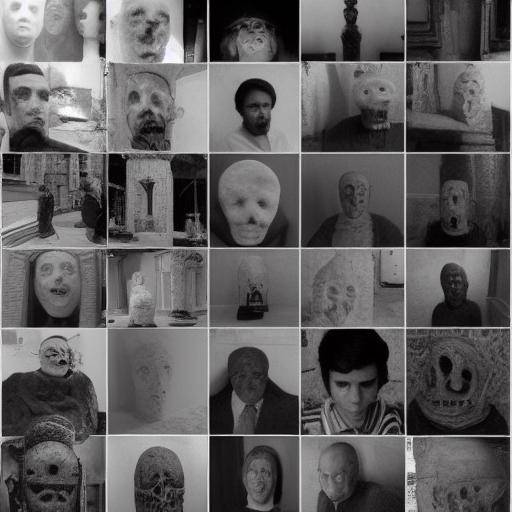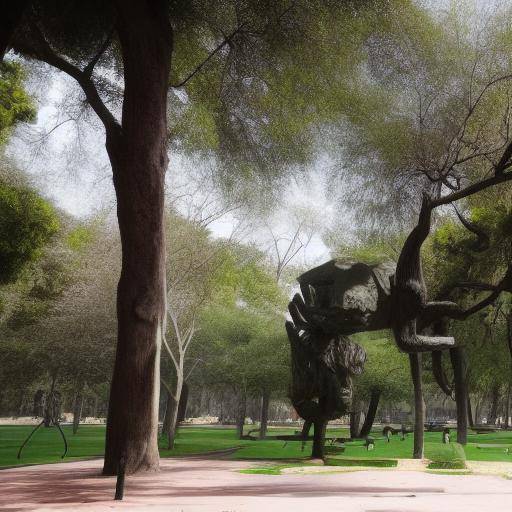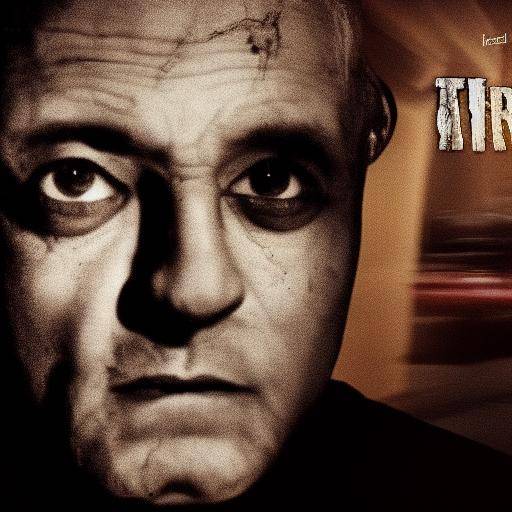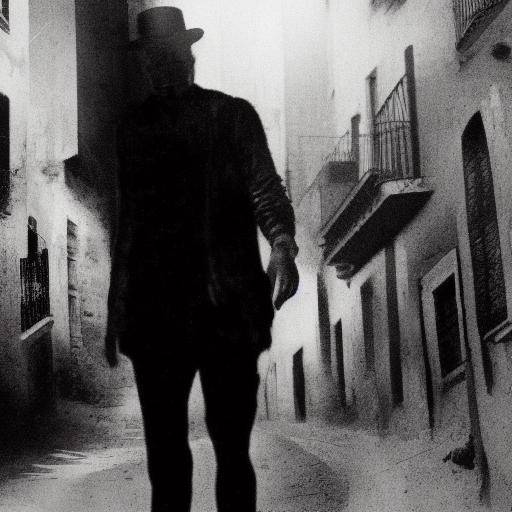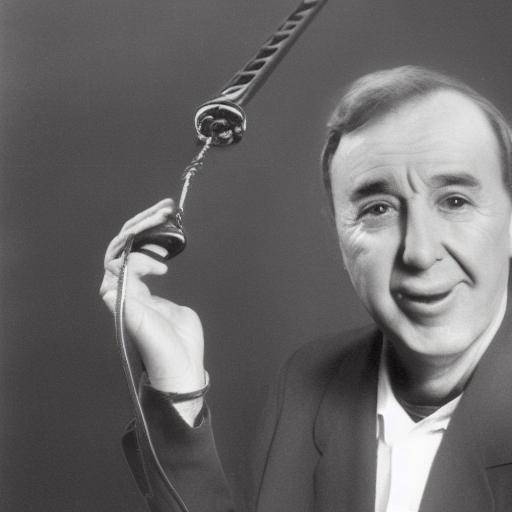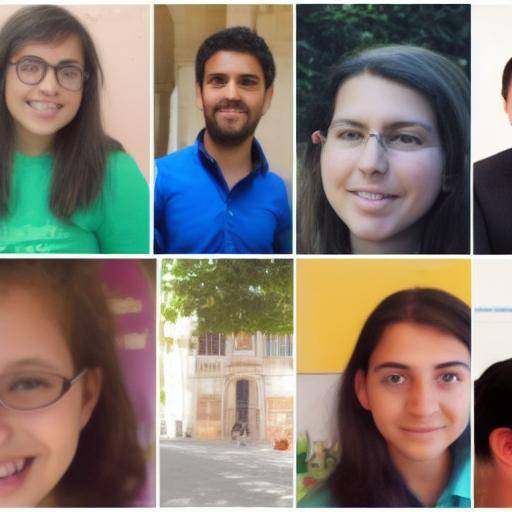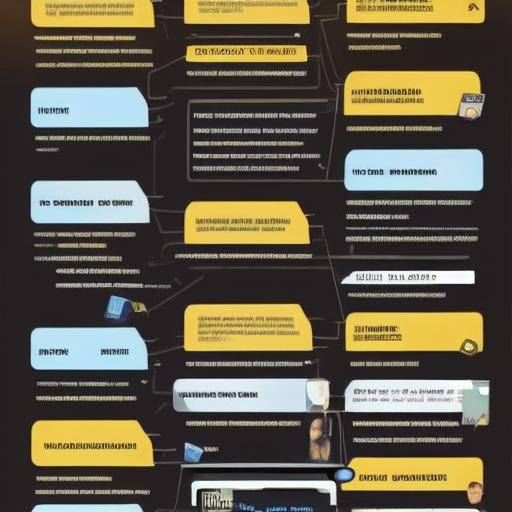
Introduction
In the modern era, the internet has revolutionized the way urban legends are transmitted and disseminated. These stories, which are often presented as real facts but which are actually myths or rumors, have found on the net a fertile ground for their propagation. In this article, we will explore the central role that the internet plays in spreading modern legends, analyzing their impact, challenges and opportunities.
The Internet has become a fundamental scenario for the spread of extraordinary narratives, fueling the astonishment and curiosity of its users. Urban legends, for their part, adapt to the modern era, adopting new forms and being shared at an impressive speed. Understanding this intersection between technology and popular narratives is crucial for analyzing the cultural and social impact the internet has on the diffusion of modern legends.
History and Background
Urban legends have their roots in oral tradition, transmitted from generation to generation, transforming with time. With the arrival of the printing press, these stories found a new means for their disclosure, but it was with the expansion of the internet that experienced a drastic change. Websites, forums, social networks and instant messaging applications became powerful channels for the massive spread of urban legends.
With the advent of social networks, the spread of urban legends found an unprecedented impulse. In an omnipresent digital context, these stories have found a new way of reaching a global audience, exponentially multiplying their reach. Anonymity and the speed of online propagation have transformed the panorama of urban legends, challenging traditional structures of information verification.
Analysis in Deep
The Internet provides the perfect scenario for the rapid spread of urban legends, but it also poses significant challenges. The superabundance of information and the lack of verification facilitate the acceptance of false narratives as true facts. To this is added the reluctance of users to question the veracity of information they consume online, generating an environment conducive to the proliferation of myths and conspiracy theories.
The democratization of narrative over the internet has also given voice to previously marginalized communities, allowing the spread of modern legends that reflect their unique experiences and perspectives. This has enriched the panorama of urban legends, diversifying narratives and providing the opportunity to explore cultural and social aspects that could otherwise have been relegated to oblivion.
Full review
As digital platforms evolve, urban legend dissemination strategies are adapted to maximize internet capabilities. The transmedia narrative, which extends across multiple platforms, has become a key tool to involve audiences in building and disseminating these stories. The creators and diffusers of modern legends take advantage of the interactivity and participation that the internet offers to amplify the impact of their narratives.
Despite the positive potential of the internet for the dissemination of modern legends, it also poses ethical and social challenges. The fact that these narratives can be shared without filter or contextualization has raised concerns about the impact on the perception of reality and the diffusion of misinformation. The manipulation of emotions and beliefs through online urban legends has generated debates about the responsibility of platforms and users in the validation of information.
Comparative analysis
The modern era has redefined the concept of truthfulness and credibility in the dissemination of urban legends through the internet. While traditional narratives used to find validation in authority and in the local community, validation now largely comes from the virality and ability of a story to capture the attention of the masses online. This transformation poses a significant change in the way we evaluate the authenticity and impact of urban legends on the digital era.
Practical Tips and Accessible Tips
By navigating the vast ocean of information online, it is crucial to develop critical skills to discern the truthfulness of the stories we find. Some practical tips include checking the source of information, searching for multiple sources to contrast data, and questioning stories that strongly appeal to emotions without solid evidence to back them up. Critical thinking and media literacy are essential tools to mitigate the irresponsible spread of urban legends on the internet.
Industrial Perspectives and Expert Reviews
Experts in sociology, communication and psychology have observed how the internet has transformed the landscape of urban legends, influencing the construction of collective identities and the diffusion of cultural values. In addition, the entertainment and marketing industry professionals have taken advantage of the virality of modern legends to develop creative strategies for public participation.
Case Studies and Applications in Real Life
The impact of urban legends in the modern era is evident in numerous fields, from viral marketing to the diffusion of conspiracy theories. Cases such as Slender Man, a legend emerging on the internet that transcended the network to influence the behavior of its followers, clearly illustrate the persuasive power of these online stories. The detailed analysis of these cases provides a profound view of how urban legends intertwine with our everyday reality.
Future Trends and Predictions
As the internet continues to play a central role in everyday life, its influence on the spread of modern legends is likely to continue to expand. It is expected that transmedia narratives and increased reality, among other technological trends, will redefine the way we experience and share urban legends in the near future. Moreover, it is likely that the growing awareness of the truthfulness of information will generate greater scrutiny of urban legends, encouraging a more critical attitude on the part of the online audience.
Conclusion
The internet has had a significant impact on the dissemination of urban legends in the modern era, transforming the way these stories are created, shared and perceived. While the internet has amplified the scope and participatory nature of urban legends, it has also raised serious concerns about the truth, ethics and social impact of these narratives. As committed users, it is crucial to cultivate critical skills and responsible attitudes to navigate the complex landscape of urban legends online.
Frequently asked questions
1. How has the internet impacted the way urban legends are created and shared in the modern era?
The internet has provided a massive and global medium for the dissemination of urban legends, allowing its rapid spread through various online platforms and communities. This has transformed the nature of urban legends, adapting to the interactivity and participation that the internet offers.
2. What are the ethical challenges associated with the spread of urban legends on the internet?
The spread of urban legends on the internet poses ethical challenges, such as the responsibility to verify the veracity of shared information, the impact on the perception of reality and the potential for emotional manipulation of online audiences.
3. What role does virality play in spreading modern legends over the internet?
Virality has been fundamental in spreading urban legends in the modern era, allowing these stories to reach global audiences in a short period of time. The ability of a history to capture the attention and interest of the masses online has redefined the impact and diffusion of urban legends.
4. How can we discern the veracity of urban legends on the internet?
Developing critical skills, such as the verification of sources, the search for corroborative evidence and the questioning of non-substantiated appeal narratives, is crucial to discerning the veracity of urban legends on the internet.
5. What are future trends related to the dissemination of urban legends over the internet?
It is expected that transmedia narratives and increased reality will redefine the way we experience and share urban legends in the future, as well as a greater awareness of the truth of the information that will encourage a more critical attitude on the part of the online audience.
6. What is the importance of analyzing the cultural and social impact of urban legends in the modern era?
The analysis of the cultural and social impact of urban legends in the modern era is crucial to understanding how these narratives influence the perception of reality, the construction of collective identities and the dissemination of cultural values in contemporary society.
In short, the internet has radically transformed the diffusion of urban legends into the modern era, presenting significant challenges and opportunities. As users, it is essential to exercise critical thinking and a responsible attitude in interacting with these online narratives, recognizing their influence on our perception of the world and society. The intersection between the internet, urban legends and the modern era remains a fascinating field of study and reflection in the context of digital and cultural evolution.

